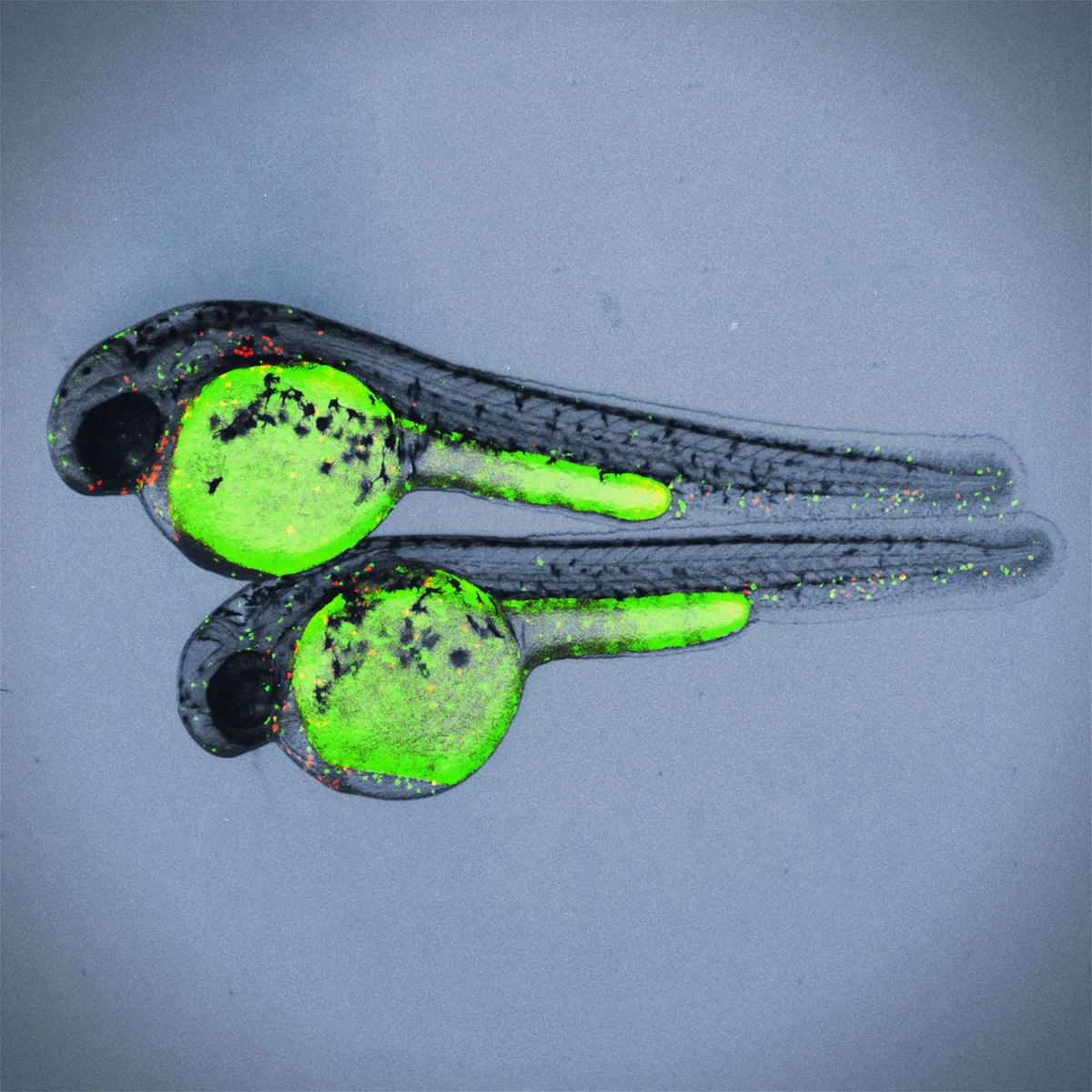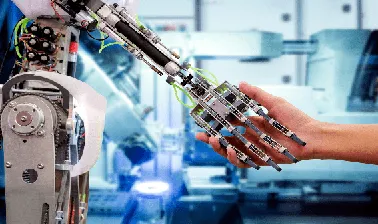
Immunology Lecture 16 - Type IV Hypersensitivity Reactions 
Type IV Hypersensitivity Reactions are a type of immune response that involves the release of cytokines and other inflammatory mediators. This lecture covers the different types of Type IV Hypersensitivity Reactions, their causes, and how they can be treated. This lecture explores Type IV Hypersensitivity Reactions, a type of immune response characterized by the release of cytokines and other inflammatory mediators. It covers the various types, causes, and treatments of these reactions. ▼
ADVERTISEMENT
Course Feature
![]() Cost:
Cost:
Free
![]() Provider:
Provider:
Youtube
![]() Certificate:
Certificate:
No Information
![]() Language:
Language:
English
![]() Start Date:
Start Date:
Self Paced
Course Overview
❗The content presented here is sourced directly from Youtube platform. For comprehensive course details, including enrollment information, simply click on the 'Go to class' link on our website.
Updated in [March 06th, 2023]
Immunology is a branch of biology that studies the immune system and its response to foreign substances. Lecture 16 of Immunology focuses on Type IV Hypersensitivity Reactions, which are immune responses that occur when the body is exposed to certain particles or agents. This lecture covers the T cell-mediated delayed hypersensitivity reaction (Type IV), which involves the release of cytokines from sensitized T cells that activate macrophages and act as chemotactic agents for inflammatory cells. It also discusses issues such as Type I Diabetes Mellitus, Multiple Sclerosis, Guillain Barre Syndrome, Hashimoto's thyroiditis, Graft vs host, contact dermatitis and PPD. By taking this course, learners will gain a better understanding of the immune system and how it works to protect the body from foreign substances. They will also learn about the different types of hypersensitivity reactions and how they can affect the body. Finally, they will gain insight into the various diseases and conditions that can be caused by hypersensitivity reactions.
[Applications]
After this course, students can apply their knowledge of Type IV hypersensitivity reactions to better understand the underlying mechanisms of various diseases and conditions. They can also use this knowledge to develop strategies for the prevention and treatment of these conditions. Additionally, students can use this course to gain a better understanding of the role of the immune system in the development of allergies and other hypersensitivity reactions.
[Career Paths]
1. Immunologist: Immunologists study the body's immune system and its response to foreign substances. They research how the immune system works, how it can be improved, and how it can be used to treat diseases. Immunologists also develop vaccines and other treatments to prevent and treat diseases.
2. Allergist: Allergists specialize in diagnosing and treating allergies and asthma. They diagnose and treat patients with allergies, asthma, and other related conditions. Allergists also provide education and counseling to patients and their families about how to manage their allergies and asthma.
3. Clinical Immunologist: Clinical immunologists specialize in diagnosing and treating diseases of the immune system. They diagnose and treat patients with autoimmune diseases, allergies, and other immune-related conditions. Clinical immunologists also provide education and counseling to patients and their families about how to manage their conditions.
4. Immuno-oncologist: Immuno-oncologists specialize in the diagnosis and treatment of cancer. They use immunotherapy to treat cancer, which is a type of treatment that uses the body's own immune system to fight cancer cells. Immuno-oncologists also provide education and counseling to patients and their families about how to manage their cancer.
[Education Paths]
1. Bachelor of Science in Immunology: A Bachelor of Science in Immunology is a four-year degree program that focuses on the study of the immune system and its response to foreign substances. Students will learn about the structure and function of the immune system, the role of antibodies and antigens, and the development of immunological diseases. They will also gain an understanding of the latest research and treatments for immunological diseases. This degree is becoming increasingly popular as the demand for immunology professionals grows.
2. Master of Science in Immunology: A Master of Science in Immunology is a two-year degree program that focuses on the advanced study of the immune system and its response to foreign substances. Students will learn about the structure and function of the immune system, the role of antibodies and antigens, and the development of immunological diseases. They will also gain an understanding of the latest research and treatments for immunological diseases. This degree is becoming increasingly popular as the demand for immunology professionals grows.
3. Doctor of Philosophy in Immunology: A Doctor of Philosophy in Immunology is a four-year degree program that focuses on the advanced study of the immune system and its response to foreign substances. Students will learn about the structure and function of the immune system, the role of antibodies and antigens, and the development of immunological diseases. They will also gain an understanding of the latest research and treatments for immunological diseases. This degree is becoming increasingly popular as the demand for immunology professionals grows.
4. Doctor of Medicine in Immunology: A Doctor of Medicine in Immunology is a four-year degree program that focuses on the advanced study of the immune system and its response to foreign substances. Students will learn about the structure and function of the immune system, the role of antibodies and antigens, and the development of immunological diseases. They will also gain an understanding of the latest research and treatments for immunological diseases. This degree is becoming increasingly popular as the demand for immunology professionals grows.
Course Provider

Provider Youtube's Stats at AZClass
Discussion and Reviews
0.0 (Based on 0 reviews)
Explore Similar Online Courses

Badminton Champion Secrets

Fundamentals of Solidworks 2018 - Beginner Level

Python for Informatics: Exploring Information

Social Network Analysis

Introduction to Systematic Review and Meta-Analysis

The Analytics Edge

DCO042 - Python For Informatics

Causal Diagrams: Draw Your Assumptions Before Your Conclusions

Whole genome sequencing of bacterial genomes - tools and applications

Chemical Biology

Immunology Lecture 17 Complement System

So You Want to Be a Biomedical Engineer
 Related Categories
Related Categories
 Popular Providers
Popular Providers
Quiz
 Submitted Sucessfully
Submitted Sucessfully
1. What type of hypersensitivity reaction is discussed in the lecture?
2. Which of the following is NOT a condition discussed in the lecture?
3. What is the main role of T cells in Type IV hypersensitivity reactions?
4. What is Type IV hypersensitivity reaction?
Correct Answer: It is a T cell-mediated delayed hypersensitivity reaction.


Start your review of Immunology Lecture 16 - Type IV Hypersensitivity Reactions